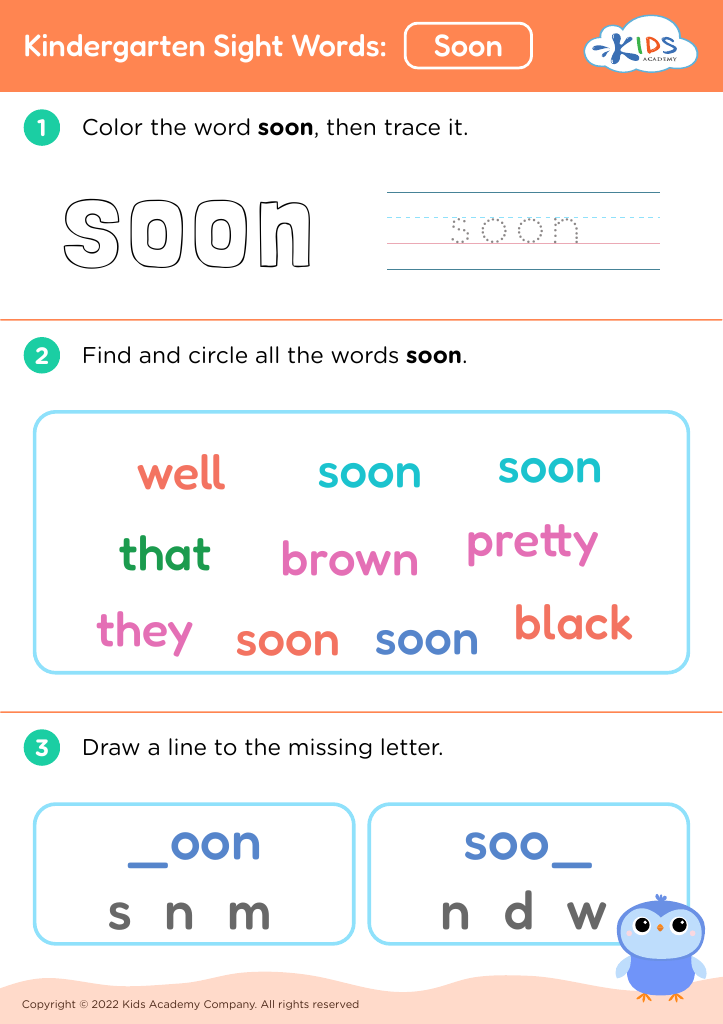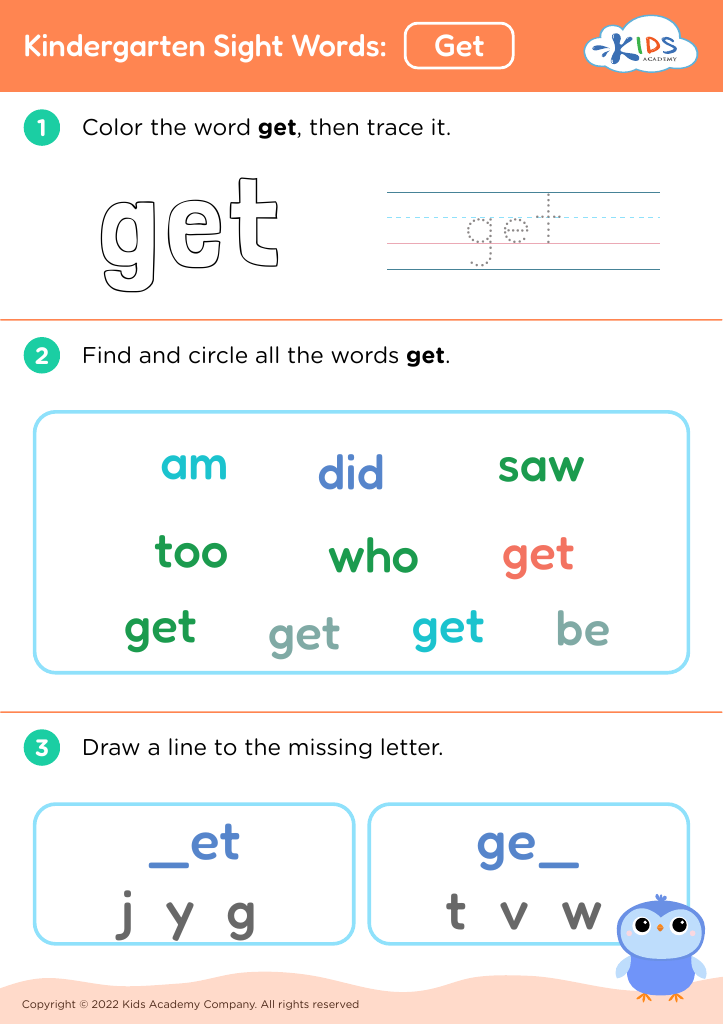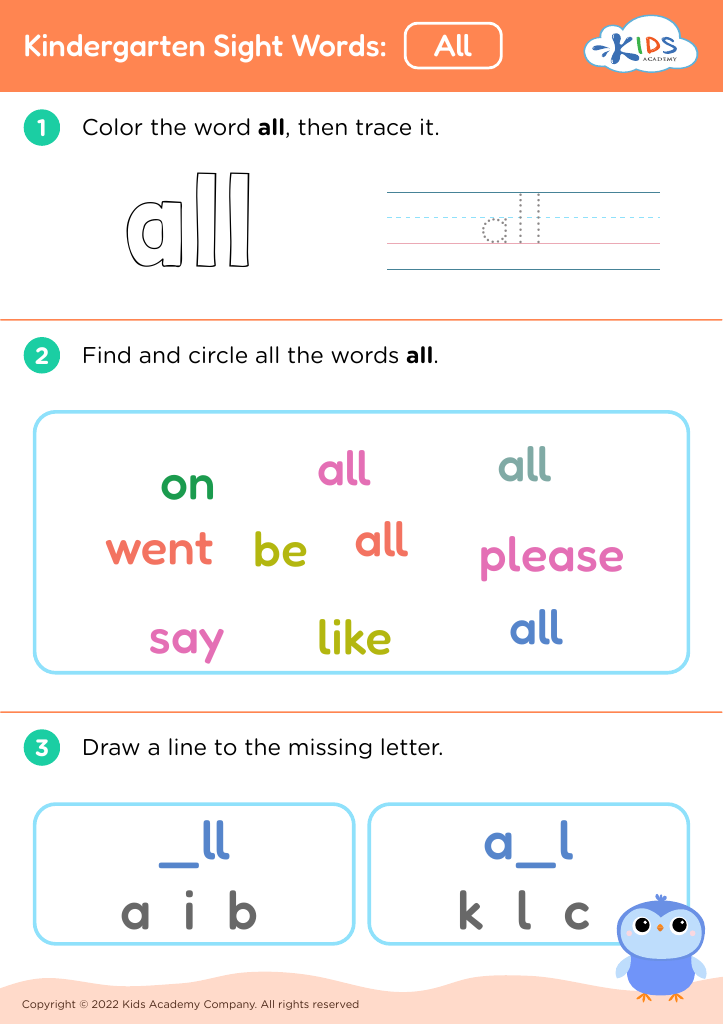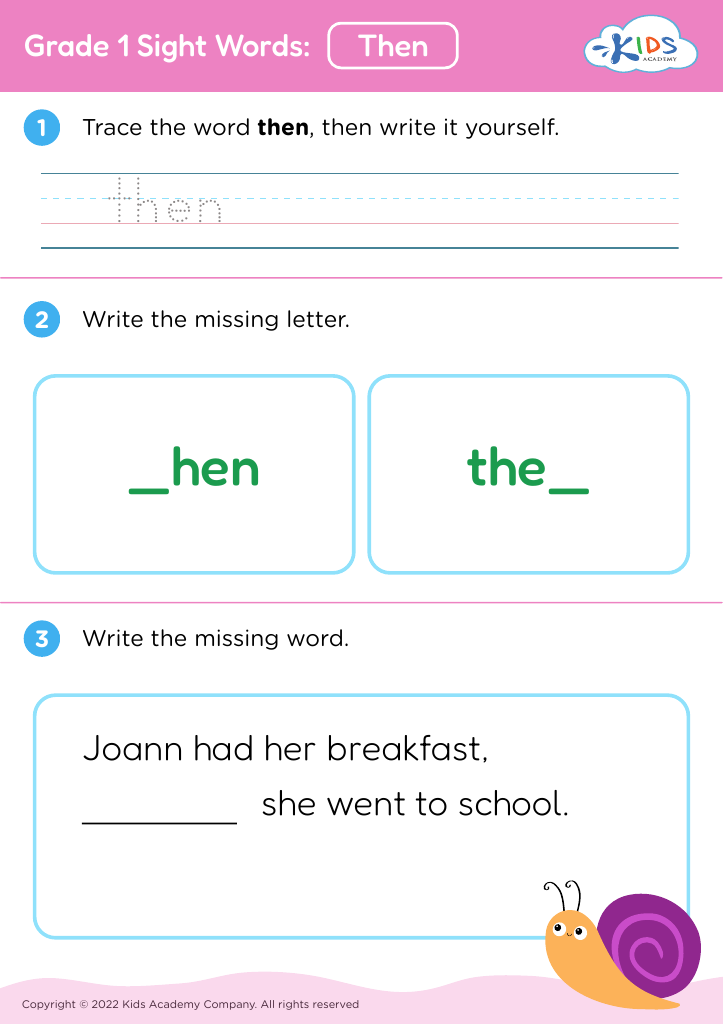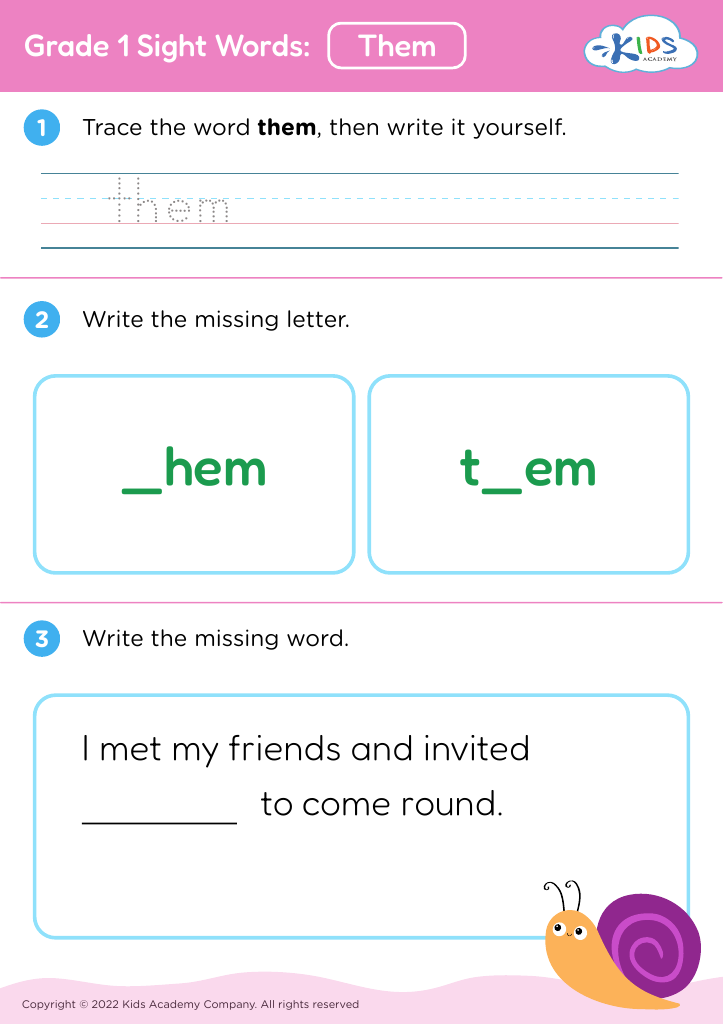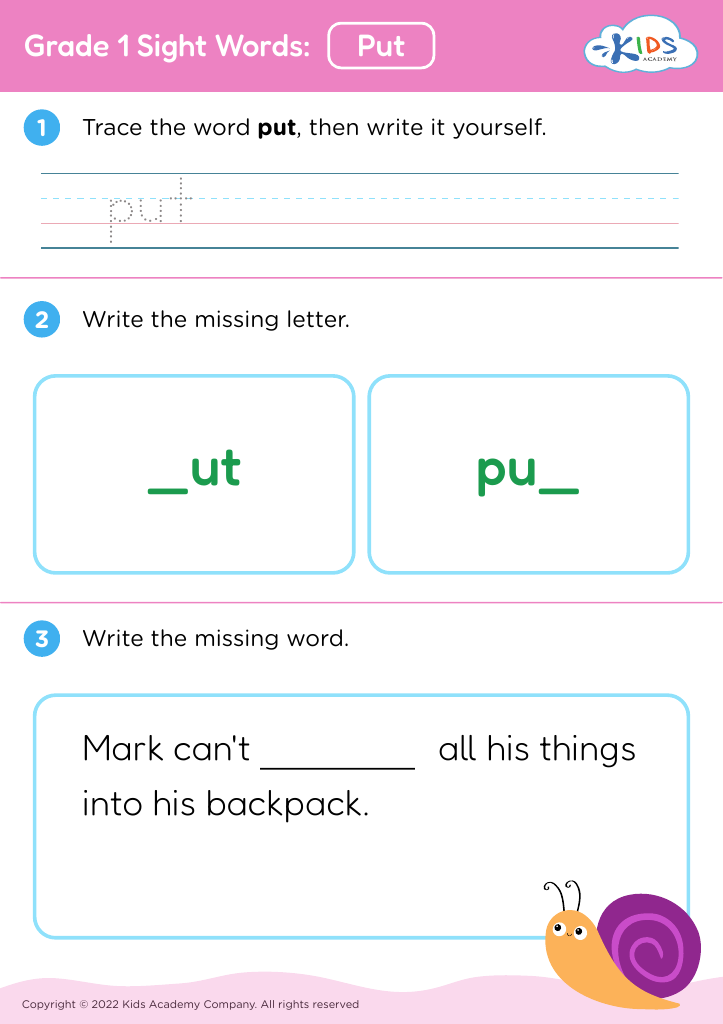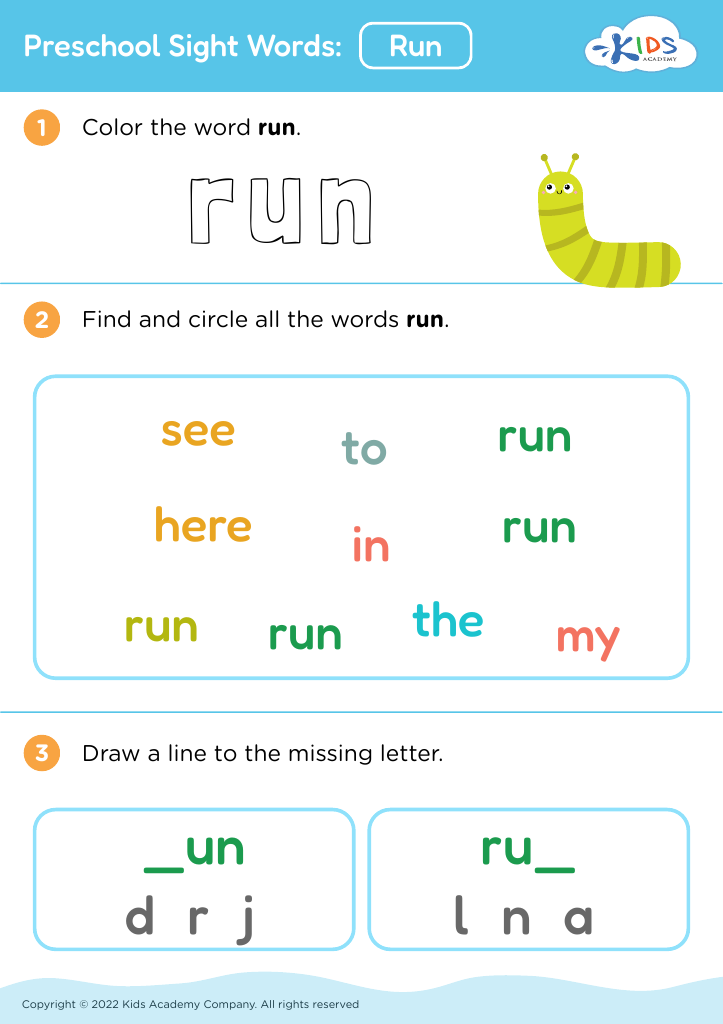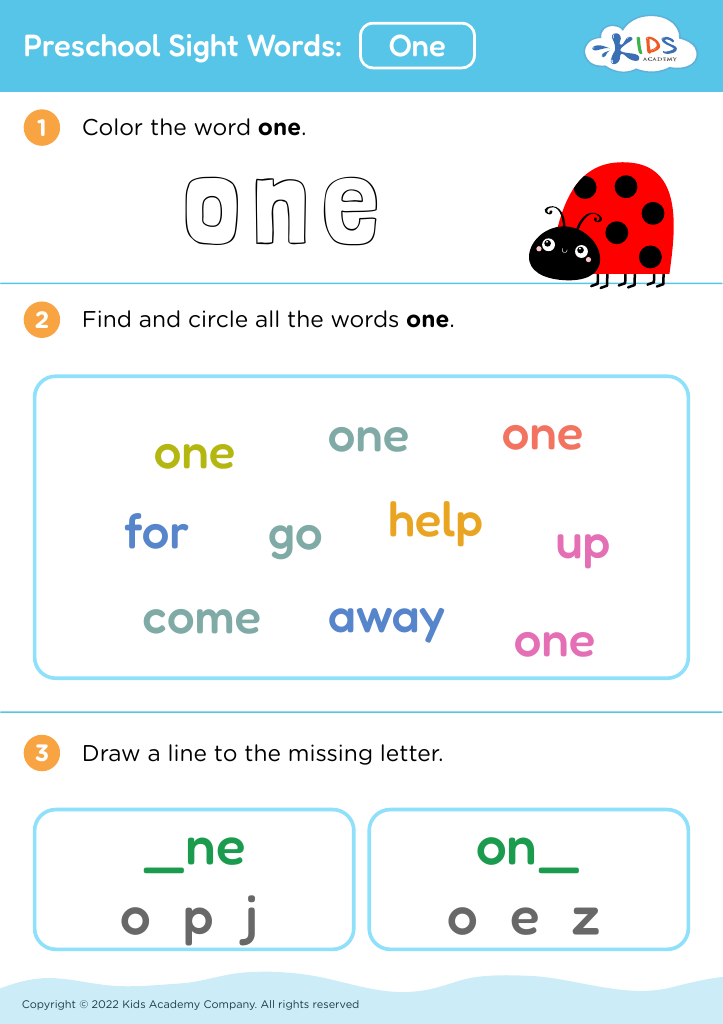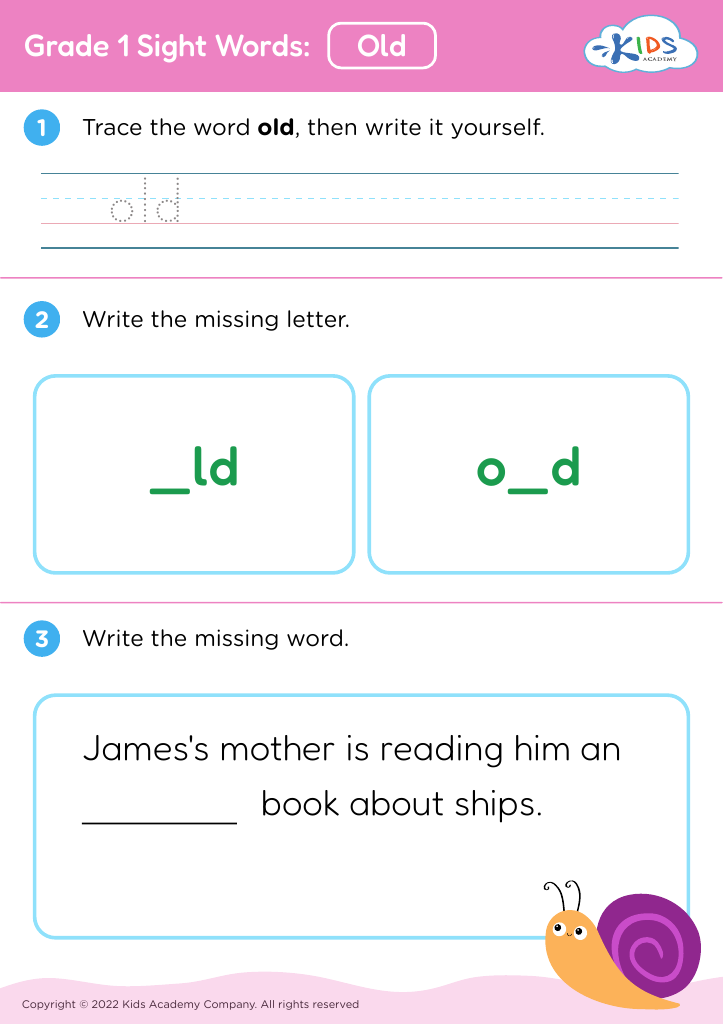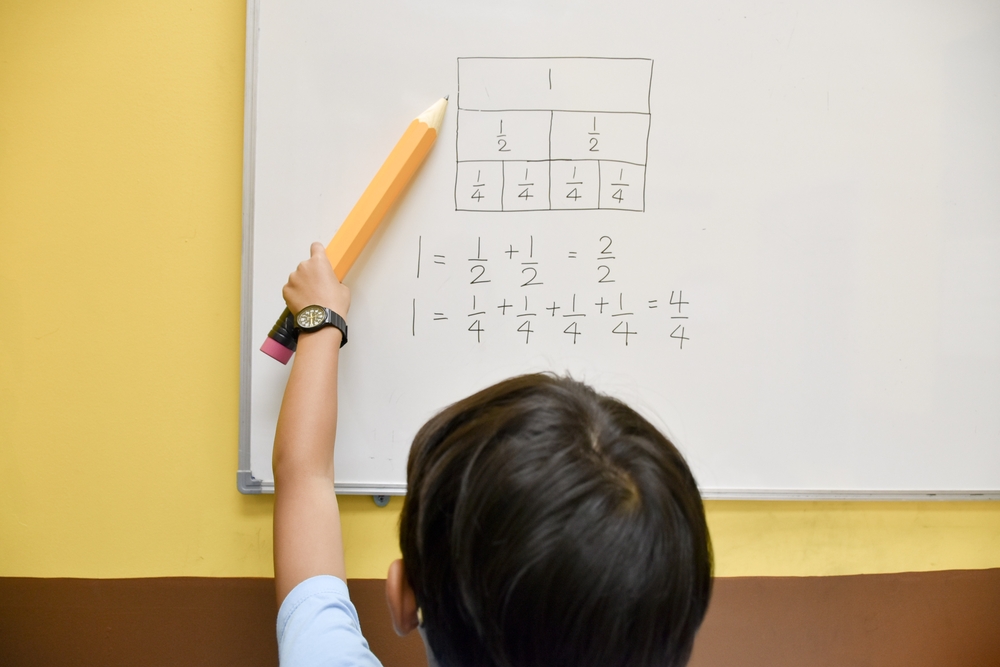Comparing Fractions Worksheets for Ages 3-9 - Page 6
137 filtered results
-
From - To
Comparing fractions is an integral skill for children aged 3-9, as it lays the foundation for their understanding of mathematics and critical thinking. For parents and teachers, fostering this skill is crucial for several reasons.
Firstly, grasping the concept of fractions enhances a child's numerical understanding. It helps them learn not only how to compute but also how to interpret numbers in everyday life, such as sharing food or measuring ingredients while cooking. This practical application fosters a practical sense of math relevance, which can stimulate a child’s enthusiasm for learning.
Secondly, comparing fractions encourages logical reasoning. As children assess which fractions are larger or smaller, they develop analytical skills that extend beyond math, aiding their problem-solving competencies in science and daily situations.
Moreover, introducing comparing fractions early builds a bridge to more complex mathematical concepts in later years, such as ratios, proportions, and algebra. By embedding these lessons into early education, parents and teachers can support stronger future academic performance.
Overall, by focusing on comparing fractions, caregivers not only assist children in acquiring essential math skills but also cultivate a lifelong love of learning that encourages confidence and competence in their educational journey.
